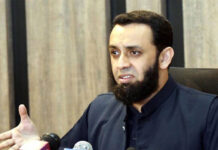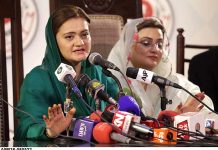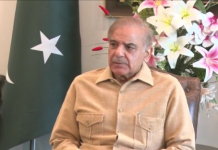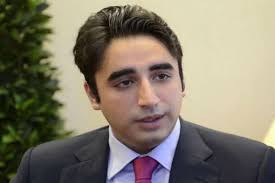ISLAMABAD: A memorandum of understanding (MoU) was signed between Benazir Income Support Programme (BISP) and Docthers at the BISP Secretariat on Thursday.
The MoU was signed by BISP Director General Dost Ali Shah and Docthers Chief Operations Officer (COO) Dr Sara Khurram. BISP Chairperson Marvi Memon and Docthers CDO Dr Iffat Zafar were also present.
Docthers is an organisation that connects home-based, qualified female physicians to underprivileged populations via nurse-assisted video consultations in nine telemedicine centres across Pakistan. These centres are located in Karachi, Hafizabad, Mansehra and Dhadhar.
The participants were informed that according to the statistics provided by Pakistan Medical and Dental Council in 2015, every year, 14,000 plus women graduated from medical schools but only 50 percent of them practiced. Out of the 70,000 licenced female physicians, barely 9,000 were practising doctors. As per Pakistan Health and Demographic Survey, 2012-13, 120 million Pakistanis fell below the poverty line out of which 90 percent had little or no access to quality healthcare.
Marvi appealed to the 61,000 non-practicing doctors to assume an active role in improving health conditions. She said that these women could benefit from the platform of Docthers and added that their contribution would help BISP beneficiaries, as 5.3 million beneficiaries across Pakistan needed quality healthcare.
She also appealed to philanthropists to support Docthers for setting up telemedicine centres. She said she wished to see at least one telemedicine centre in each district so that all BISP beneficiaries could get advantage of cheap and quality healthcare at concessional rates.
During the meeting, the establishment of three telemedicine centres in Quetta, Gilgit and Muzaffarabad was also discussed and it was announced that more centres would follow in other parts of the country.
Dr Sara said the services of Docthers included online consultations with general physicians, lab collection, free basic dispensary items and medical camps. She said that diseases dealt by Docthers included hypertension, diabetes, skin disorders, mental disorders, anaemia, gastro-intestinal diseases, ENT infections, OBS, gynaecological disorders, malnutrition in children and paediatric illnesses.














